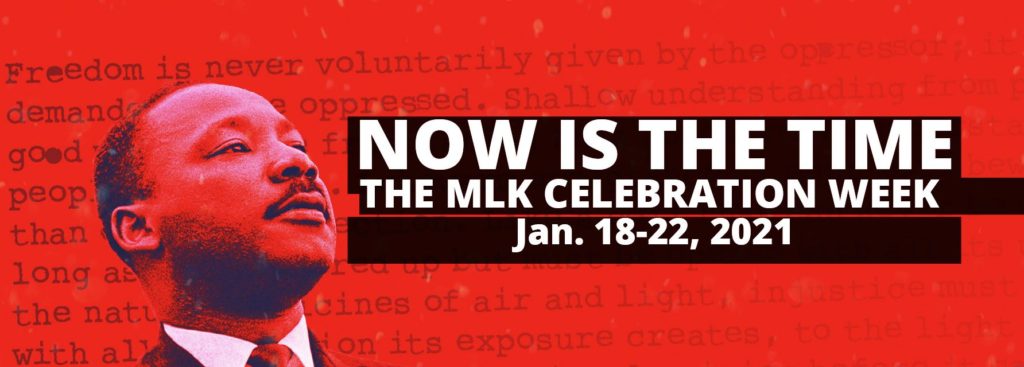The other day I was able to sit in, by zoom of course, on the first of a series of frank discussions on racism. I welcomed the opportunity. It triggered some of the roots that led me to the field of aging.
The discussion pulled me back to the 1970s when I was mesmerized by Dr. Martin Luther King and the power of non-violence. I’d missed a chance to hear him in person during high school, something I look back on with deep regret. In college he was gone, but his writings and those of Gandhi became my focus in a philosophy course. My course of study shifted to human service. A small book of his quotes sits on my desk for those moments of needed inspiration.
Work at the Area Agency on Aging focuses in part on eradication of ageism and a call to action to change attitude, policy and law to assure that all aging adults, meaning all of us, have the choices and support needed to maintain independence and dignity no matter what comes.
I’ve heard people say they don’t get ageism, that it doesn’t seem an issue. Prejudice can become so normative it feels invisible. The World Health Organization (WHO) calls ageism “the most socially acceptable prejudice in the world”. Citing negative ripple effects across business, healthcare, and public policy, the harm eventually touches everyone.
Of course I had the advantage of hearing Maggie Kuhn speak. Born in 1905, she founded the Gray Panthers movement after being forced to retire from her job at the then mandatory age of 65. She championed accessibility in mass transit, safeguards for Social Security, Medicare and countless issues.
Railing against negative stereotypes in the media, she testified before Congress that “old people are depicted as dependent, powerless, wrinkled babies”. In 1978, the World Almanac named her one of the 25 most influential women in the U.S. In 1986, four years before her death at age 90, the Gray Panthers succeeded in having Congress ban mandatory retirement ages for most jobs.
A different style than Dr. King, Kuhn also believed in intergenerational and community alliances to promote issues still of concern today: affordable housing , access to health care, racial equality and economic justice.
So what does that have to do with my group discussion on racism? Listening to recent personal examples of racism made my perception of progress over the decades shrink. Action is needed.
Maggie Kuhn said, “Stand before the people you fear and speak your mind – even if your voice shakes.” Dr. King warned famously of “…the appalling silence of the good people” when action is needed. I’m fortunate to be part of a group to help find a stronger voice on racism.

Not sure what to do? Monday is a national holiday – Dr. Martin Luther King Day. Join the celebration going on from January 18th – 22nd. Be inspired all week as the Mendel Center offers “NOW IS THE TIME: the MLK Celebration Week”. Events will feature artist reflections, performances, roundtable discussions, speakers, historic and local trivia contests, and more. It’s a great opportunity; all virtual and free. Check it out at Martin Luther King Jr. Celebration Week | Lake Michigan College for the full schedule.
Per Dr. King, “ We must come to see that human progress never rolls in on wheels of inevitability.” “Let us…continue our triumphal march to the realization of the America dream…for all of us today, the battle is in our hands.”
